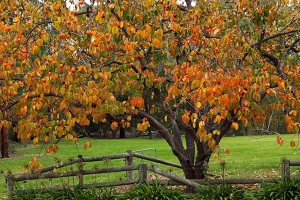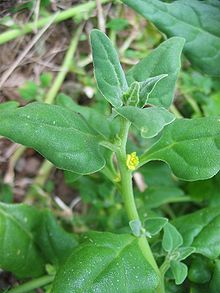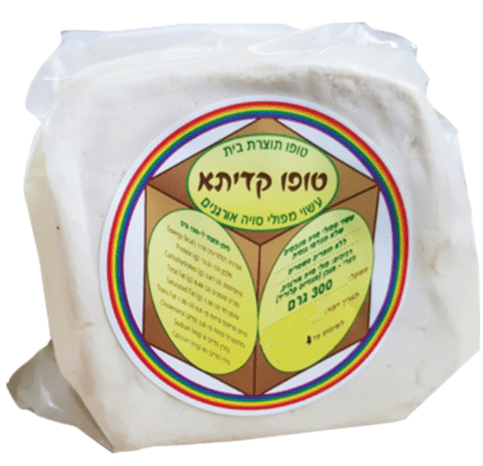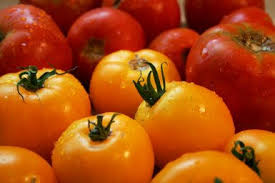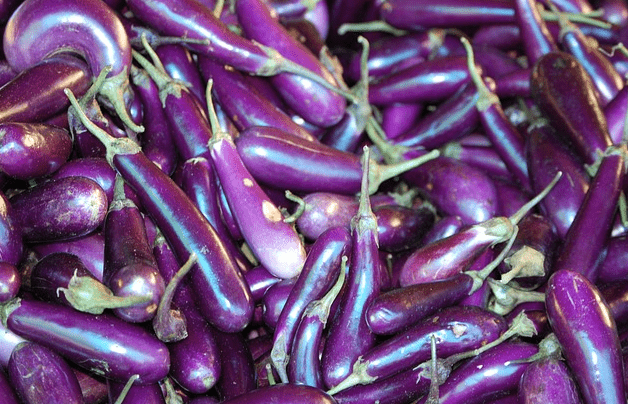In most parts of the country, we were not blessed with considerable effoliation.
Everything here is either evergreen or completely dry starting in June, and only very few trees look like they are European and turn their leaves orange-yellow-red. Anyone who loves autumn longs to see this variety of colors, the fire that holds the foliage that was once green (metaphorically, of course, unlike summer fires, god forbid). There is also that sound, created by the dry leaves when walked upon, that little children are experts in producing before they learn to constantly be in a rush. There is nothing like watching an excited kid trample a pile of fallen leaves…
The persimmon tree is one of the trees that celebrate autumn – short and branched, loaded with fruits that are even in the right shade for autumn, it often throws it's colorful leaves off and provides us with sweet fruit.
Apparently, besides being very tasty and very healthy, the persimmon also has the virtue of predicting the winter weather. According to Native American legend, the shape inside the persimmon seed will predict the essence of the upcoming winter: cold like a knife, full of snow, or comfortable. What you need to do is take the seeds out of the persimmon (you can eat the persimmon itself in the process, it probably won't compromise the chances of the prophecy being fulfilled), and slice them the long way:
If the shape of the white part inside looks like a fork – the winter weather will be pleasant rather than extreme; a shape of a spoon means a lot of snow, whereas a knife – indicates that there will be intense cold that feels like knife stabbings.
The persimmon originates from China, and it is also loved by their Japanese neighbors who call it the unflattering name "kaki" (in Japanese of course the word has a different meaning). That unpleasant sensation in your mouth when you eat an unripe persimmon, which feels like all the saliva has instantly disappeared from your mouth and the tongue is drawn into a bitter, black hole –is called "Astringency". It is caused by the presence of tannin in the unripe persimmon, which is kind of a clue, probably, to be more patient and not to pick fruit that has not yet ripened.
The demand for persimmon that turned it into a commercial crop outside of China and Japan occurred only in the 20thcentury, and today it is grown in Israel, North Africa, and in various regions of Russia, its neighbors and former countries, as well as in India and Australia.
Persimmon is one of the only sweet fruits to accompany us during this period, when the summer fruits supply is becoming more sparse. It is orange and happy, and contains antioxidants carotenoids and polyphenols and protects against the development of cancer cells – and also quantities of vitamin C, Vitamin E, vitamin A, which are good for the immune system, the eyesight and for strengthening the heart, with an addition of nutritional fiber that does good for the digestive system. However, a large amount of persimmons can create the opposite effect – an accumulation of fiberscan cause a bowel obstruction, so it should be consumed in moderation (and some populations, such as intestinal patients, are not recommended to consume persimmons at all).
Although the name "Afarsemon" is mentioned in the Talmud, it is not the same tree. The modern Hebrew name is taken from the English name "persimmon" which in turn came from the name given by the native Americans, when translated from their language means "dried fruit". The Israeli variety, called "Hasharon fruit" (named after the location of most of the plantations in the country) developed on the basis of the American variety "Triumph" and is successfully exported and loved by persimmon eaters abroad because of its texture and the relatively high sugar content.
In Israel, persimmons are typically eaten raw, turned into jam, or added to salad. More original uses are demonstrated by other populations of the big world: the Japanese sell it as a dried snack, the Koreans produce vinegar and ferment it to make alcoholic beverages (and even store it as a mascot against leopards, for any case of trouble that may occur…). Since there are no leopards in the country, it's better not to save them for later, and eat organic persimmons now, at the peak of the season.
Yours,
Maggie's Garden Team
Forecast:
In the ORGANIC vegetable baskets we expect (draft only):
Cucumber
Tomato
Lettuce
Potato
Kohlrabi
Onion
Parsley
Pumpkin
Spinach
Dates
The LARGE organic vegetable baskets also include:
Beet
Eggplant
Sweet potatoe
In the ORGANIC fruit baskets:
Red Pomelo
Orange
Banana
The large ORGANIC fruit baskets also include:
Dates – Brhai
Celmentine
New! New! The ORGANIC Green Basket:
Swiss chard
Celery
Spinach
Basil
Dill
A kind of lettuce
Mint
Sprouts

